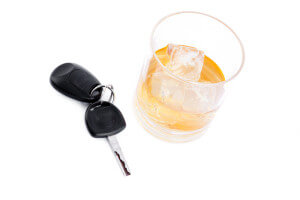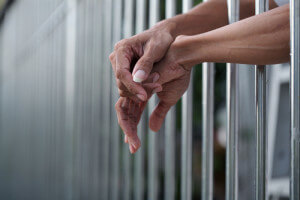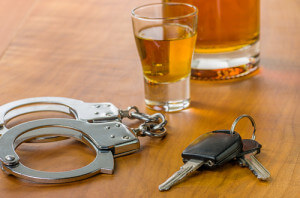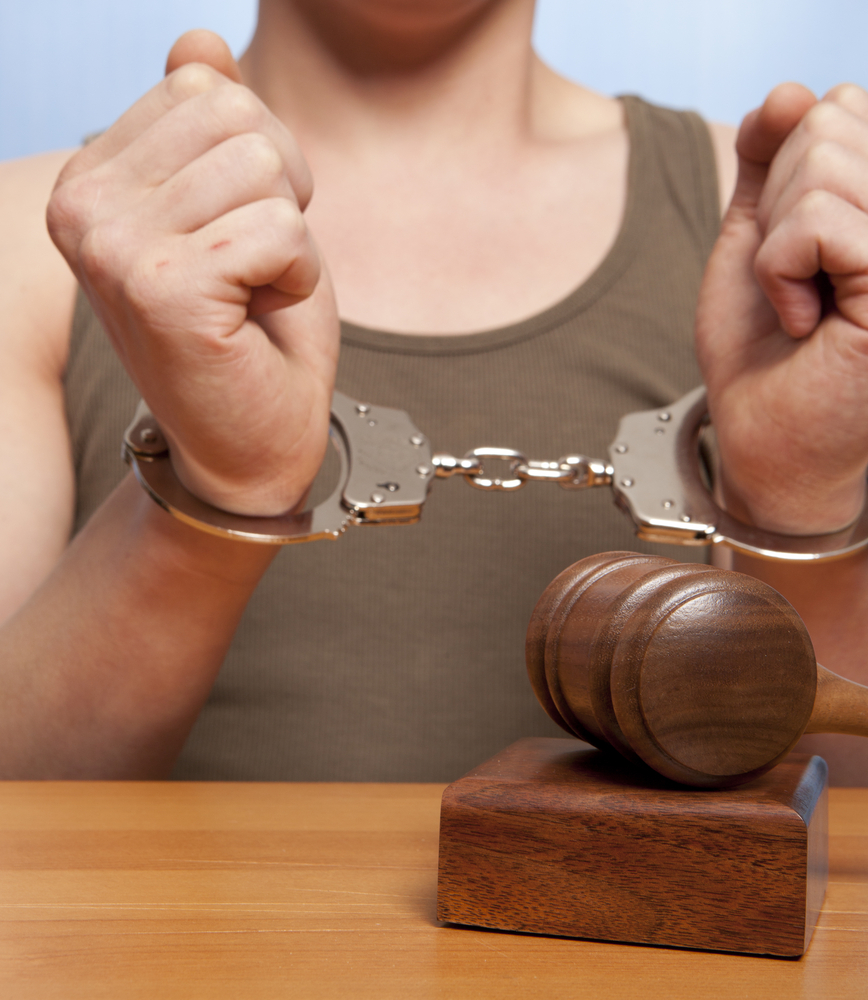Second Offense DUI charges are different from first offenses and misdemeanors. If you’re one of the thousands of individuals with a prior drunk driving conviction on your record, being arrested for a DUI once again can be a distressing experience.
Second Offense DUI
The penalties of a second offense DUI are much more serious than those that accompany a first offense DUI. These penalties comparatively include:
- Heightened jail time,
- A longer driver’s license suspension,
- Higher fines, and
- Additional punishments.
California state law classifies delineates between repeat and first-time offenders. For example, anyone convicted of DUI more than once in a ten-year period is a repeat DUI offender. Consequently, lawmakers and police officers show little empathy towards these individuals.
Repeat Offenders
Repeat offenses fall under California Vehicle Code 23540. According to this code, any person convicted of two DUIs within a ten-year period shall be punished by:
- “…imprisonment in the county jail for not less than 90 days nor more than one year, and
- by a fine of not less than $390 and no more than $1,000…”
Though this is the technical punishment for a second offense DUI, two-time offenders can also expect:
- Three-to-five years of probation,
- Mandatory 18-month or 30-month court-approved DUI classes, and
- A two-year driver’s license suspension in addition to the jail time and fines.
Restricted License
If certain requirements are met, the defendant may request a restricted license. The restricted license may be come after one year of license suspension is complete. Additionally, it comes only if the defendant can:
- Provide proof of enrollment or completion of a treatment program,
- Financial responsibility, and
- The payment of specific fees.
If you receive permission for a restricted license after one year, it comes with a caveat. The judge requires you to install an Ignition Interlock Device (IID) in your car. This breath device is the gate-keeper to starting the car. It attaches to the steering column. To start the car, the defendant blows into the device to show they have a 0% BAC. Once the BAC reads 0%, the car starts. The IID measures blood alcohol content and prevents the car from starting if alcohol shows.
Jail Time & Additional Penalties
Jail time is mandatory for a second offense DUI. There is a required minimum of 96 hours, though many counties will insist on at least ten days. Still, many other counties may require 30.
One factor the DMV considers is whether the motorist takes to take a chemical test. Those arrested who agree to a chemical test upon arrest face the standard penalties. However, those who refuse a chemical test face more severe consequences. Included in the severity is the judges right to refuse a restricted license.
Enhanced penalties may accompany a second offense DUI. This is true if the defendant is:
- Still on probation for the prior DUI,
- Driving on a suspended license,
- Refuses the chemical test,
- Guilty of speeing more than 30 miles over the posted speed limit, and/or
- Blowing driver’s alcohol levels exceeding .15%.
Since much of a sentence depends on what a judge sees fit, a qualified criminal defense attorney can help convince the judge that you are worthy of another chance. Upon your arrest for a second offense DUI, remember to contact the DMV within ten days. Hire an experienced DUI lawyer to help you build a defense.
If you should find yourself arrested for DUI, talk to a criminal defense lawyer at The Kavinoky Law Firm right away. 1.800.NO.CUFFS is the number to call – we don’t sleep – so you can. Don’t wait to get a free consultation from one of the best criminal defense attorneys in the state of California.
Find a DUI Lawyer Near Me






